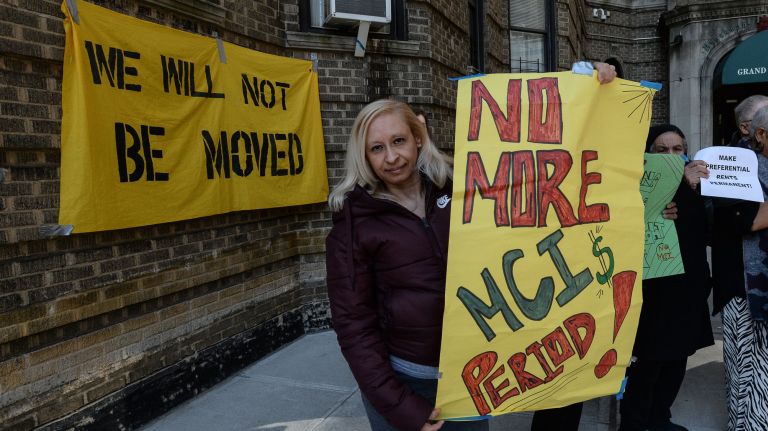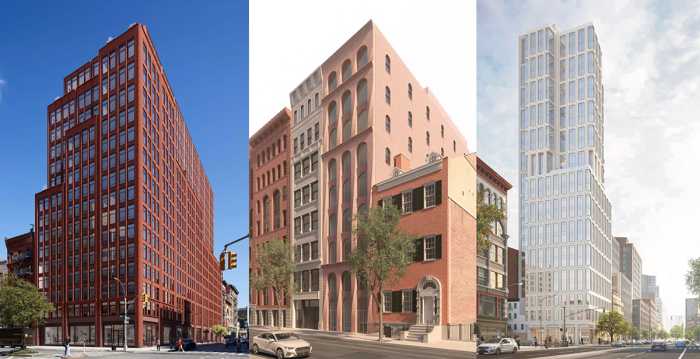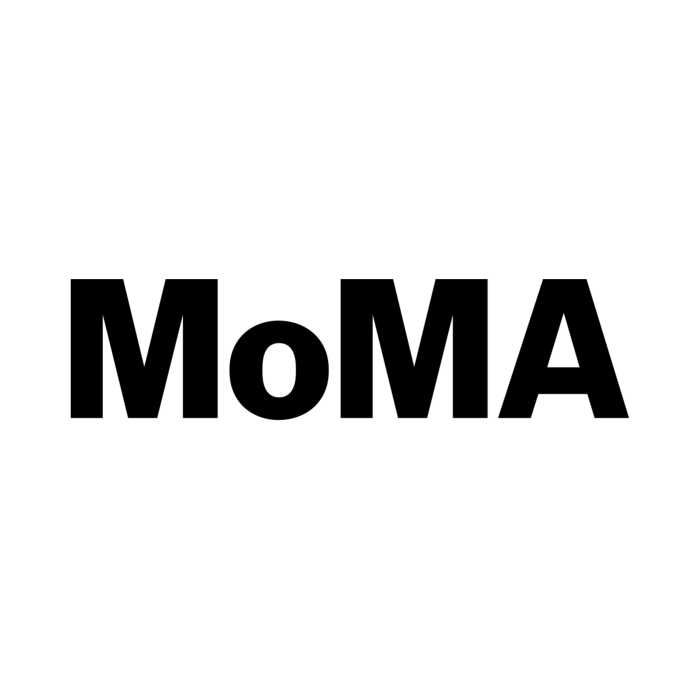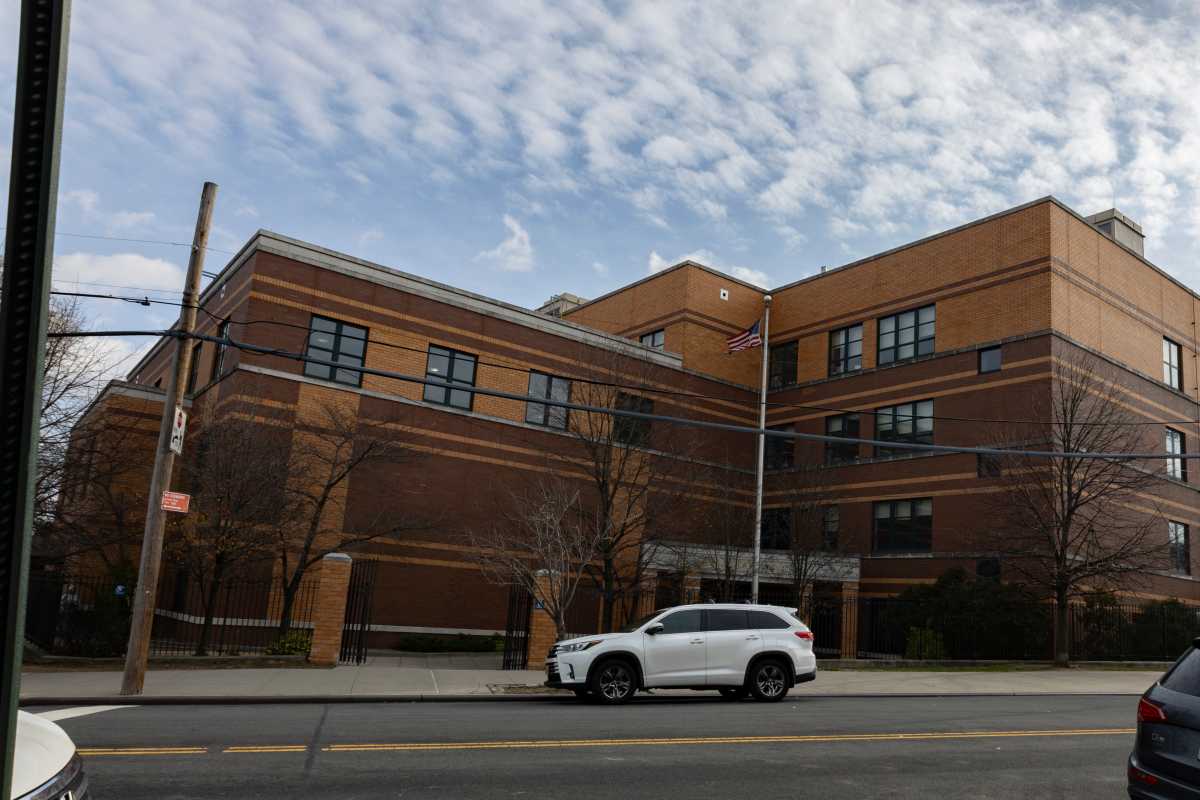
Real estate trade groups and tenants organizations have become a more routine part of life in Albany, with lobbying efforts accelerating ahead of rent regulations’ anticipated renewal in June at the helm of a Legislature led by Democrats for the first time in a decade.
The Real Estate Board of New York and the Community Housing Improvement Project reported spending more on lobbying this January and February than they typically have during the start of session. And tenant advocates have also been making rounds in the capital during near-weekly visits where renters meet with their legislators, host rallies and highlight their endeavors on social media under the hashtag "Tenant Tuesday."
"We’re up in Albany almost every Tuesday talking to elected officials, building momentum, generating public support for these bills, and I will say that real estate is up here all the time, too," said Cea Weaver, campaign manager of the Housing Justice for All Coalition, which aims to bolster rent regulations downstate and extend similar protections to the rest of the Empire State. "They are more visible to the extent that they have to work harder this year than they had to work in the past."
For years, legislation supported by tenants groups sailed through the Democratic-led Assembly, but faltered in the Republican-run state Senate. When Democrats won a majority in the Senate this November, tenant advocates were emboldened enough to pitch allowing all localities across the state to opt into the rent regulation system.

Under the new paradigm, the Real Estate Board of New York, a trade group for developers and property owners, spent $116,181 on lobbying, compared to the $87,213 paid, on average, during the past five January and February periods, according to recent disclosure reports.
Community Housing Improvement Project, which represents smaller landlords, reported putting $42,500 into lobbying over the past two months, compared to the $12,712.80, on average, during the past five January and February periods, according to lobbying reports.
The Rent Stabliziation Association, a trade group for owners of rent regulated buildings, put about $22,500 into lobbying over the past two months, just slightly more than the $20,713.80, on average, the group reported spending on lobbying during the last five January and February periods, lobbying records show.
The Real Estate Board and Rent Stabilization Association did not respond to questions regarding their lobbying strategies or priorities before deadline.
Jay Martin, executive director of the Community Housing Improvement Project, said his organization has been more active in Albany, in part, because it is introducing itself to the many new legislators. He said CHIP is ensuring lawmakers have an accurate perception of its roughly 4,000 members, about 70 percent of which have owned their buildings for at least two decades.
"The business model is constantly dealing with the margins on a day-to-day basis. Minor fluctuations, minor changes in the business model itself, proposals from Albany, have drastic impacts," Martin said.
CHIP’s leader said the group opposed several measures touted by tenant advocacy groups, including no longer allowing apartments that reach a certain monthly rent level — currently $2,774.87 — to enter the private market, nixing landlords’ ability to raise rent 20 percent when a unit is vacated and scrapping the major capital improvement program that allows owners to charge more after making certain upgrades. The group is also fighting a proposal that would limit when landlords could evict tenants, including for tenants’ failure to pay rent following an "unsconsionable" rent increase, defined as hiking the rate beyond 150 percent of the region’s consumer price index, as measures in august of the prior year.
Martin said the owners he works with want to keep their tenants for years, but need the financial wherewithal to make the improvements residents expect and the ability to remove problematic occupants.
The Housing Justice for All Coalition has been trekking to the capital nearly every Tuesday, according to Weaver. Some members of the organization that traditionally engage in lobbying, such as Tenants PAC and Tenants and Neighbors, do not appear to have submitted the lobbying disclosure reports due Friday.
"Unlike REBNY, we’re not hiring lobbyists or sending our staff. What we’re really doing is constituents are going to visit their local elected official, and that’s a different kind of conversation," Weaver said. "The Senate and the Assembly moved to the left in the elections this year, but so did the tenant movement."
The Association for Neighborhood Housing and Development, a nonprofit coalition of community groups, reported spending $54,414 on lobbying so far, up from the average of $28,099.20 it put into such efforts over the past five January and February periods, according to lobbying disclosure reports. ANHD did not respond to a request for comment.
Likewise, the New York State Association for Affordable Housing, which represents developers and others involved in financing and operating housing, put $27,101 into lobbying over the past two months, compared to the $25,154, on average, it directed to such endeavors over the past five January and February periods, according to lobbying reports. In November, the organization’s leadership backed many of the reforms touted by tenants groups in a letter sent to Gov. Andrew Cuomo.
Cuomo’s office did not respond to a request for comment before deadline.
Carolina Rodriguez, a spokeswoman for the Senate’s majority conference, said strengthening tenant protections and ensuring access to safe and affordable housing remains a top priority the conference.
Kerri Biche, a spokeswoman for Assembly Speaker Carl Heastie, said after the budget passes, the chamber would introduced the "strongest rent control package ever" and hold hearings.







































